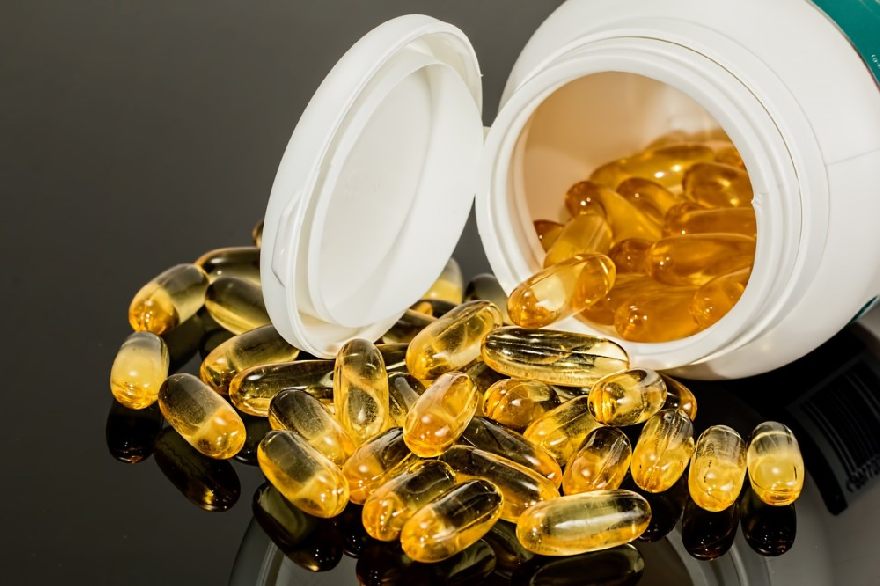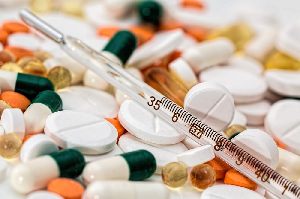Generic vs brand name drug.
In most cases, generic drugs are just as good as brand-name drugs. Patent law means branded drugs are first on the market. Generics, on the other hand, are usually better tested because the patent protection period has expired.
Generics are usually no worse than the inventor brand, but in rare cases the original brand can be better.
Generics always have the same active ingredient as the original, but the original can be more tolerable.
Tolerance can also vary between different brands. Since other active ingredients can be added to the active ingredient itself.
ChatGPT on the subject of branded or generic drugs.
Generic and branded drugs are two different types of drugs that differ in some important ways. Here is an overview of their differences:
1. Definition:
- Generics: Generics are copycat drugs that are manufactured after patent protection for a specific branded drug has expired. They contain the same active ingredient as the branded drug and have similar efficacy, safety and quality.
- Branded drugs: Branded drugs are original drugs developed and marketed by a pharmaceutical company. They are sold under a registered trademark and are protected by patents for a limited period of time. 2. Price:
- Generics: Generics are usually cheaper than brand name drugs. Because generic drugs can be manufactured after patent protection expires, multiple manufacturers compete for the market, resulting in price erosion.
- Branded drugs: Branded drugs are usually more expensive than generics. This is because the pharmaceutical company that developed the drug has to cover the costs of research, development and marketing. 3. Quality and Efficacy:
- Generics: Generics must show that they contain the same active ingredient as the brand-name equivalent and that they have similar efficacy and safety. They are quality checked by the relevant authorities to ensure they meet standards.
- Branded Drugs: Branded drugs are and must be extensively tested before they are placed on the market meet strict quality and potency standards. The pharmaceutical company conducts extensive clinical studies to prove the effectiveness and safety of the drug. 4. Packaging and Appearance:
- Generics: Generics often have different packaging and may appear slightly different than the brand name equivalent. This is because generic drugs are produced by different manufacturers who may use their own brands and designs.
- Branded drugs: Branded drugs have specific packaging and a consistent look to help identify them and differentiate them from generics.
It is important to note that both generic and brand name medications have their own pros and cons. In many cases, generic drugs are a cheap and effective alternative to brand name drugs, especially when there is no difference in terms of efficacy and safety. However, with certain medications or specific medical conditions, it may be important to use the brand name drug. It is advisable to always consult a doctor or pharmacist to find the best option for your individual needs.

Credits
Written by T.J. Poschadel










